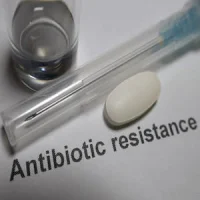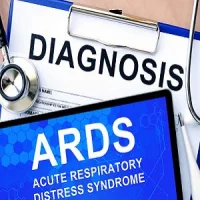The world is desperate for a reliable vaccine against COVID-19. However, the pressure for such rapid introduction could lead to deployment of a vaccine that may be weakly effective.
In order to avoid this from happening, three issues must be considered when planning COVID-19 vaccine trials. These include proof of vaccine efficacy and worthwhile efficacy, whether these trials should prioritise single-vaccine or multivaccine trials and whether the assessment of long-term safety and protection should be evaluated during follow-up and before an effective vaccine is deployed for the general public.
The problem is that most nations are under immense political and economic pressure to introduce a COVID-19 vaccine. This pressure could result in the deployment of a weak vaccine which could be the output of a misleading promising result from an underpowered trial. This could be disastrous because the deployment of a weak vaccine could worsen the pandemic. If people begin to think they are protected and immune, they could relax with respect to complying with COVID-19 control measures. This could put them and other people at risk of contracting the virus. Also, because a vaccine would be deployed, other clinical trials in process of evaluating other vaccines would be hindered because their vaccine would be compared with this vaccine instead of a placebo. And in case the vaccine that is being compared to the already deployed weak vaccine is even weaker, the weak vaccine would be classified as superior (even though both vaccines are weak).
Therefore, it is important to plan COVID-19 vaccine trials properly. There are many candidate vaccines that are to be tested and there is a risk that the efficacy of some of these vaccines may be overestimated. Measuring worthwhile efficacy can help prevent this from happening. According to the World Health Organization (WHO), successful vaccines should show a risk reduction of at least one-half with precision to conclude that the true efficacy is more than 30%. Similarly, the FDA guidance also say that efficacy less than 30% should be rejected.
Also, it might be a good idea to conduct a global multivaccine trial instead of individual trials for different vaccines. This could provide more comprehensive results, save time and effort, and accelerate discovery. It would also allow higher enrolment rates and multiple sites. Long term efficacy, safety and protection against severe COVID-19 must be evaluated.
The WHO Solidarity Vaccines Trial will be evaluating the efficacy of multiple vaccines. The goal is to ensure that weakly effective vaccines are not deployed. The trial will ensure geographical diversity and will recruit patients from high-incidence countries.
Source: The Lancet
Image Credit: iStock










